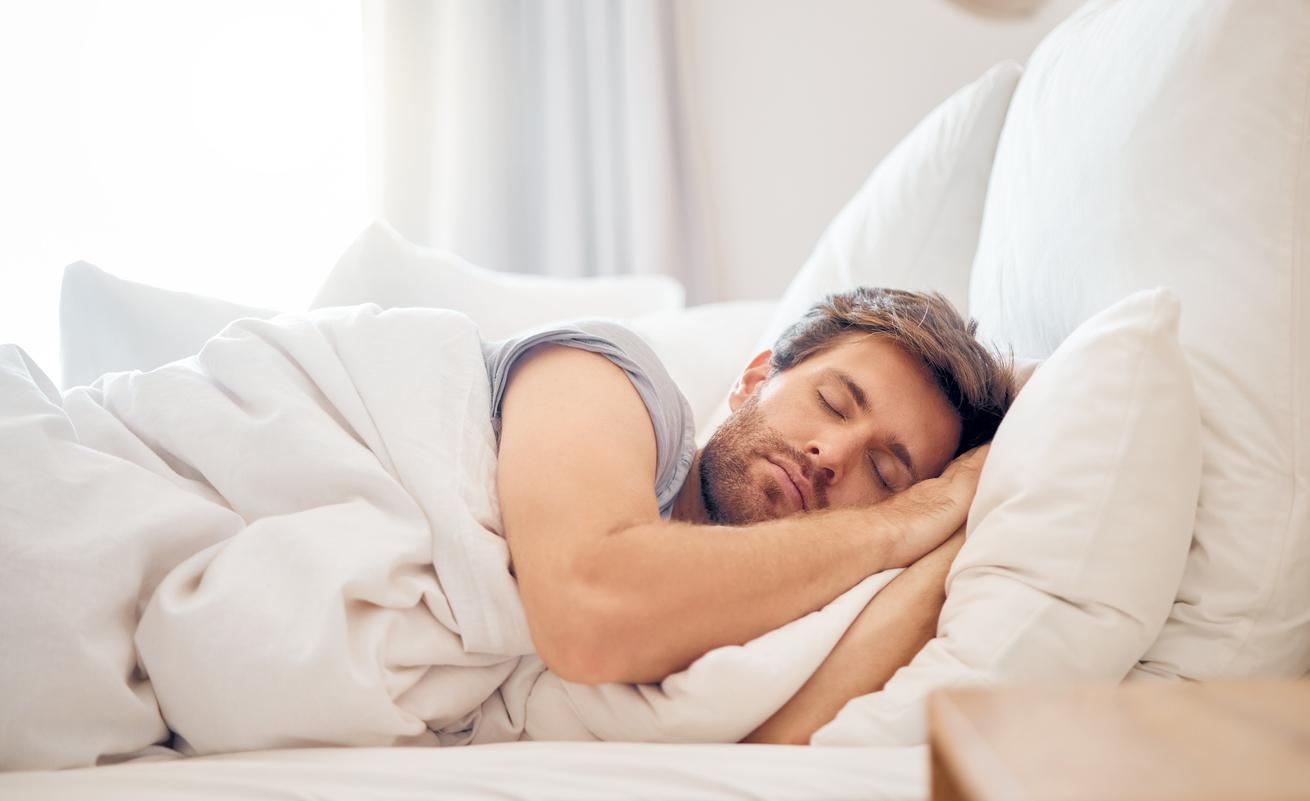The position you adopt while sleeping can affect heart health.

- Sleeping on your side may be better for your heart health.
- This position can reduce the number of obstructions during the night in cases of sleep apnea by half.
- As of yet, there is no scientific consensus on which side is best for sleeping – left or right.
Sleep accounts for more than a third of our lives, according to the National Institute of Sleep and Vigilance. If it is of poor quality, it increases the risks of obesity, diabetes, cancer and even cardiovascular diseases, according to National Institute of Health and Medical Research (Inserm).
Sleeping on your side to reduce heart risks
At the cardiac level, the benefits of sleep would not only concern its duration or quality. In fact, several cardiologists recommend sleeping on the side to increase the benefits.
There are several reasons for this. First, lying on your side helps you breathe better, especially in cases of sleep apnea.Sleeping on your side, instead of your back, can cut the number of obstructions during the night in half”, notes theHealth Insurance.
Sleep apnea has cardiac consequences. According to the French Federation of Cardiologythis syndrome can cause serious cardiovascular disorders such as high blood pressure, heart disorders and/or failure, and even myocardial infarction.
Another benefit of the lateral position: improved blood circulation, especially in pregnant women. During pregnancy, it is recommended to lie on your left side, to promote blood circulation to the fetus, uterus, kidneys and heart.

Sleeping on the left or right, the side is not cut
Within the scientific community, the side chosen is still debated.When lying on the right side, the heart is held in place by the lungs and mediastinumsays Dr. Robert Salazar, a cardiologist at Memorial Hermann in Houston, United States, Top Health. This helps reduce pressure on the heart and improve its filling.”
Whether on the left or the right side, the most important thing is to be comfortable to sleep well… In France, 15 to 20% of the population is affected by insomnia, of which nearly 50% by a severe form, according to Inserm.















